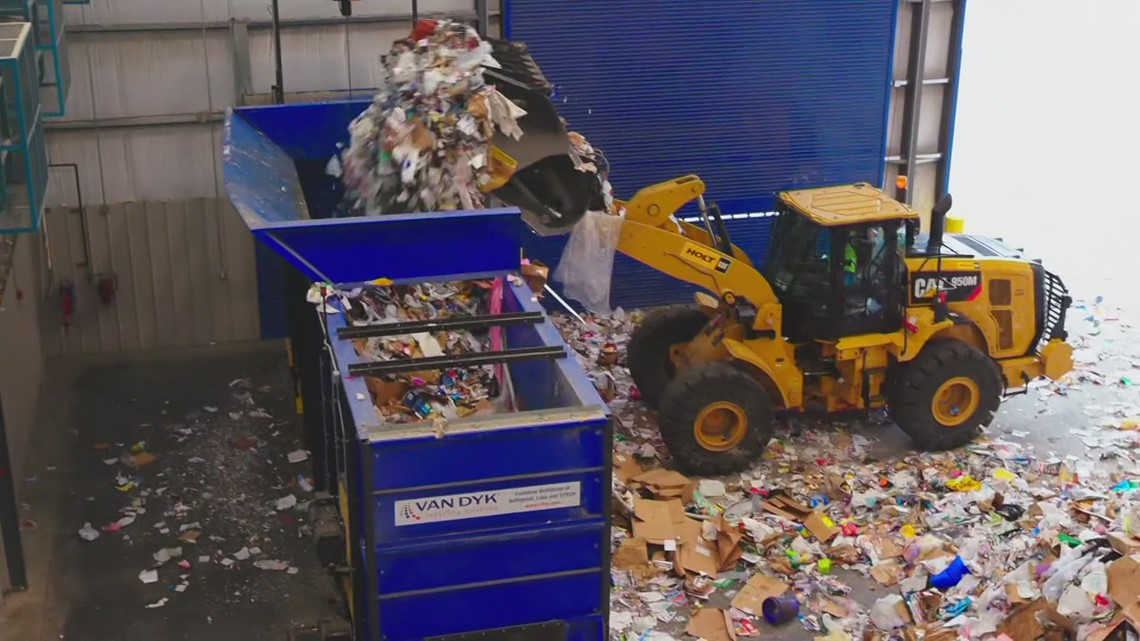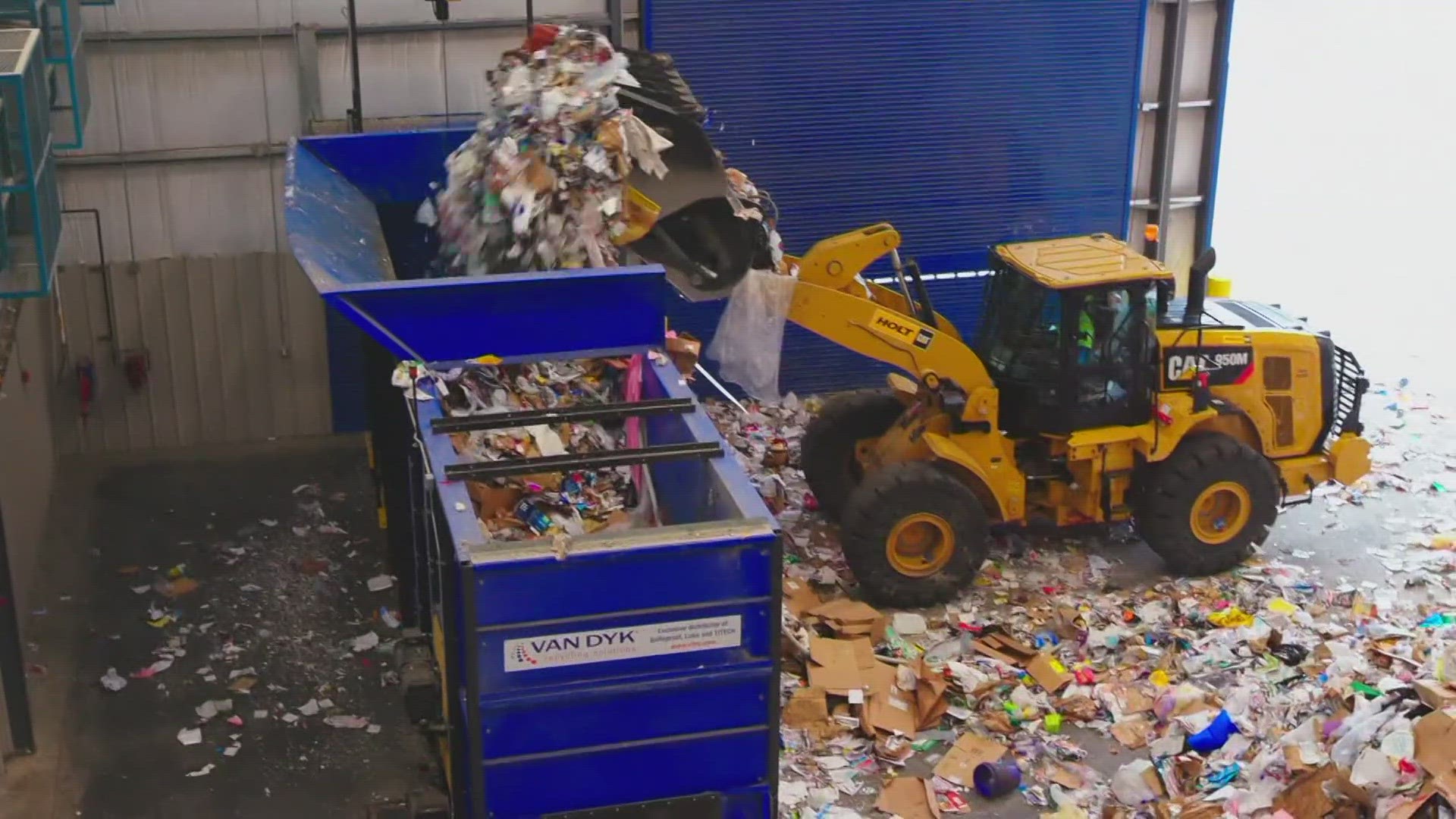DENVER — Plastics are everywhere.
They hold the water we drink and many of the foods we eat. They're a part of our lives.
But what about the plastics we can't see?
"Nanoplastics are very small micro-particles that are formed from the breakdown of plastics," said Dr. Grant Bailey, a cardiologist with South Denver Cardiology Associates and AdventHealth.
And those tiny micro and nanoplastics are being found in more and more spots.
They've been found in beer, even the human placenta.
"And so what they're finding now is that nanoplastics are entering the food chain and they're entering the ecological cycle," Bailey said. "So they're being found in animals and of course, humans who ingest those animals. We're also finding nanoplastics inside people."
A new study published this month in the New England Journal of Medicine looked at the presence of those nanoplastics from inside the human body, specifically in the plaque inside the carotid artery in the neck.
"And of course, not surprisingly they found a large majority of the plaques that were resected had the presence of several different plastic particles inside of them," Bailey said.
RELATED: Mardi Gras beads are creating a plastic disaster in New Orleans. Are there green alternatives?


That study found people with microplastics in their carotid arteries were twice as likely to have a heart attack, stroke or die compared to people who had none.
Bailey said this data is concerning because heart disease is already the leading cause of death nationwide.
"When these particles enter your body, they act the same way as if someone who is ingesting smoke or inhaling smoke from tobacco or from air pollution," Bailey said. "So the theory here is that the ingestion of microplastics is akin to smoking or air pollution or having very high cholesterol, that it's another risk factor that increases a person's risk of heart attack and stroke."
This kind of research is new and Bailey stressed we need more.
"I think that’s important is because as I said, this is a new area of research and there’s not a lot known as to how can we prevent ourselves from ingesting these plastics," Bailey said. "Further research needs to be done to decide to what extent are the plastics causing this problem, to what extent do the plastics lead to heart attack, stroke and vascular disease."
But plastics likely aren't going anywhere, they've become a critical part of our society.
"We don't have to ban plastics altogether but there certainly are ways we can produce them and dispose of them and use them in our lives that mitigate the risk that obviously their breakdown exposes to us over time," Bailey said.
Still, Bailey said knowing how much plastic we're consuming and the damage its doing to the body can help us take action to reduce its impact.
“Certainly there’s public policy things that can be done with regard to drinking water, filtration of your water, and then certainly there’s ways to educate the public further with regard to what foods and things that you eat are microplastics more likely to be concentrated in," Bailey said. "We have to come up with a solution of how to reduce the presence of those in our food supply.”
SUGGESTED VIDEOS: Latest from 9NEWS

